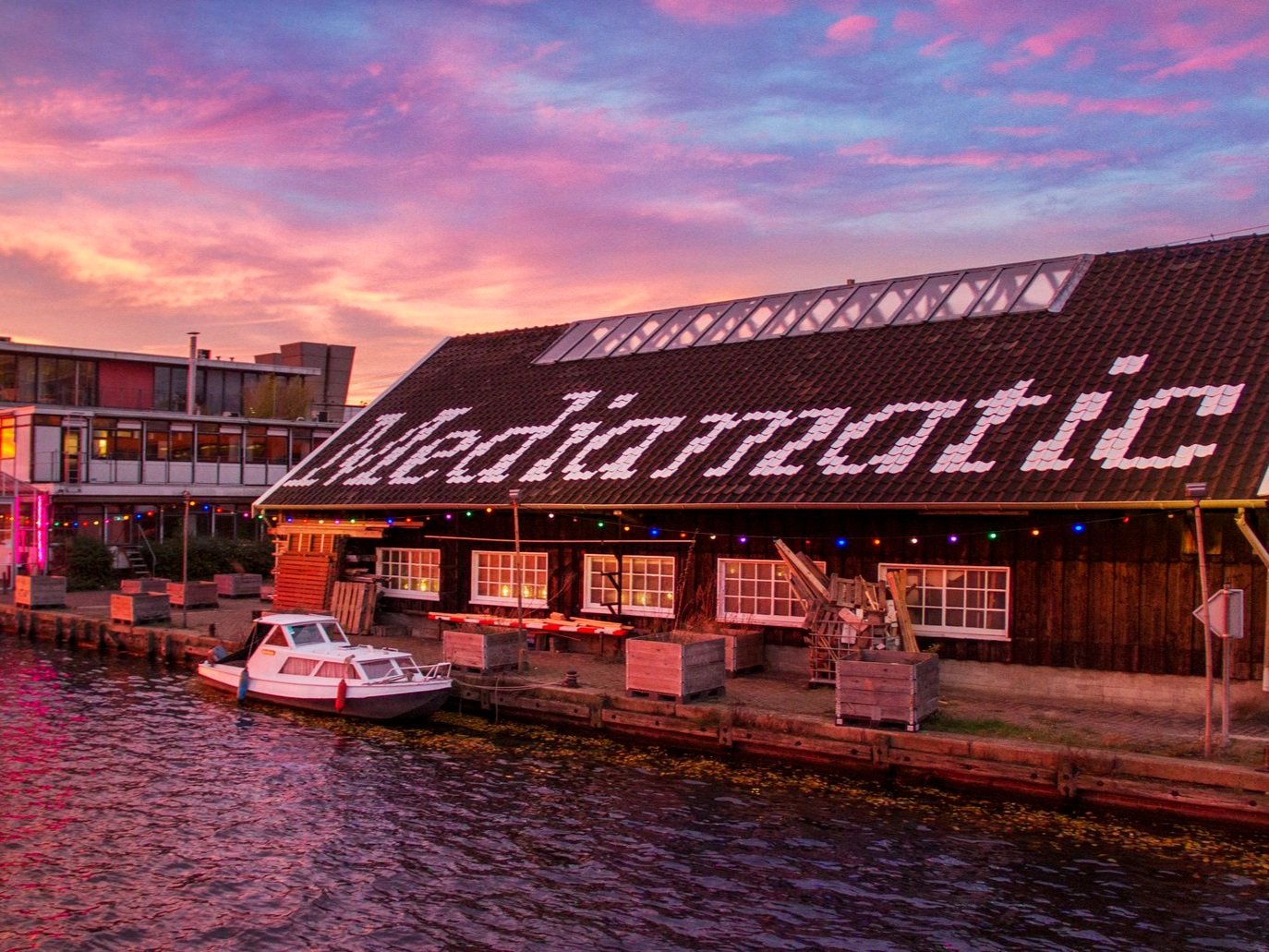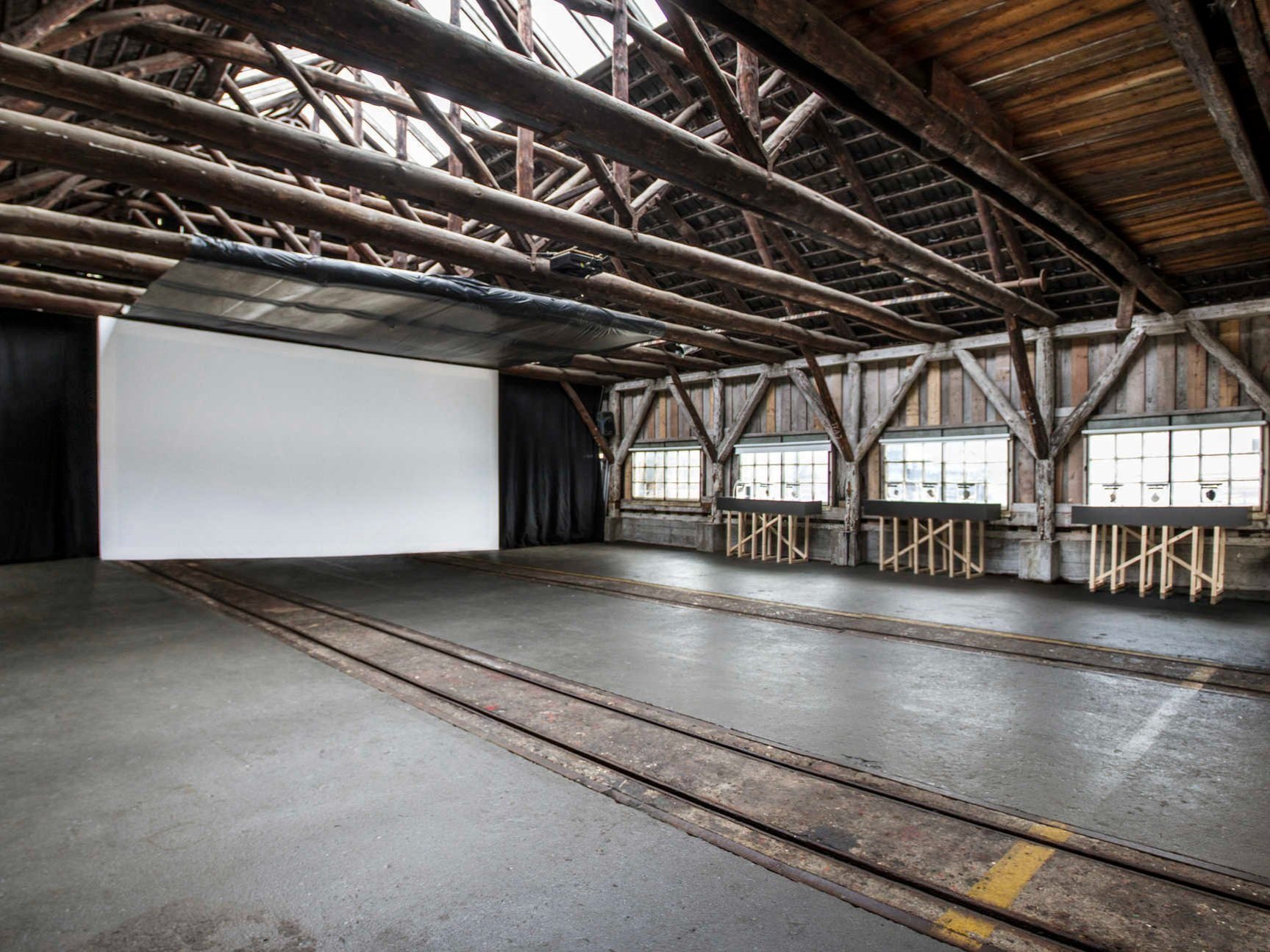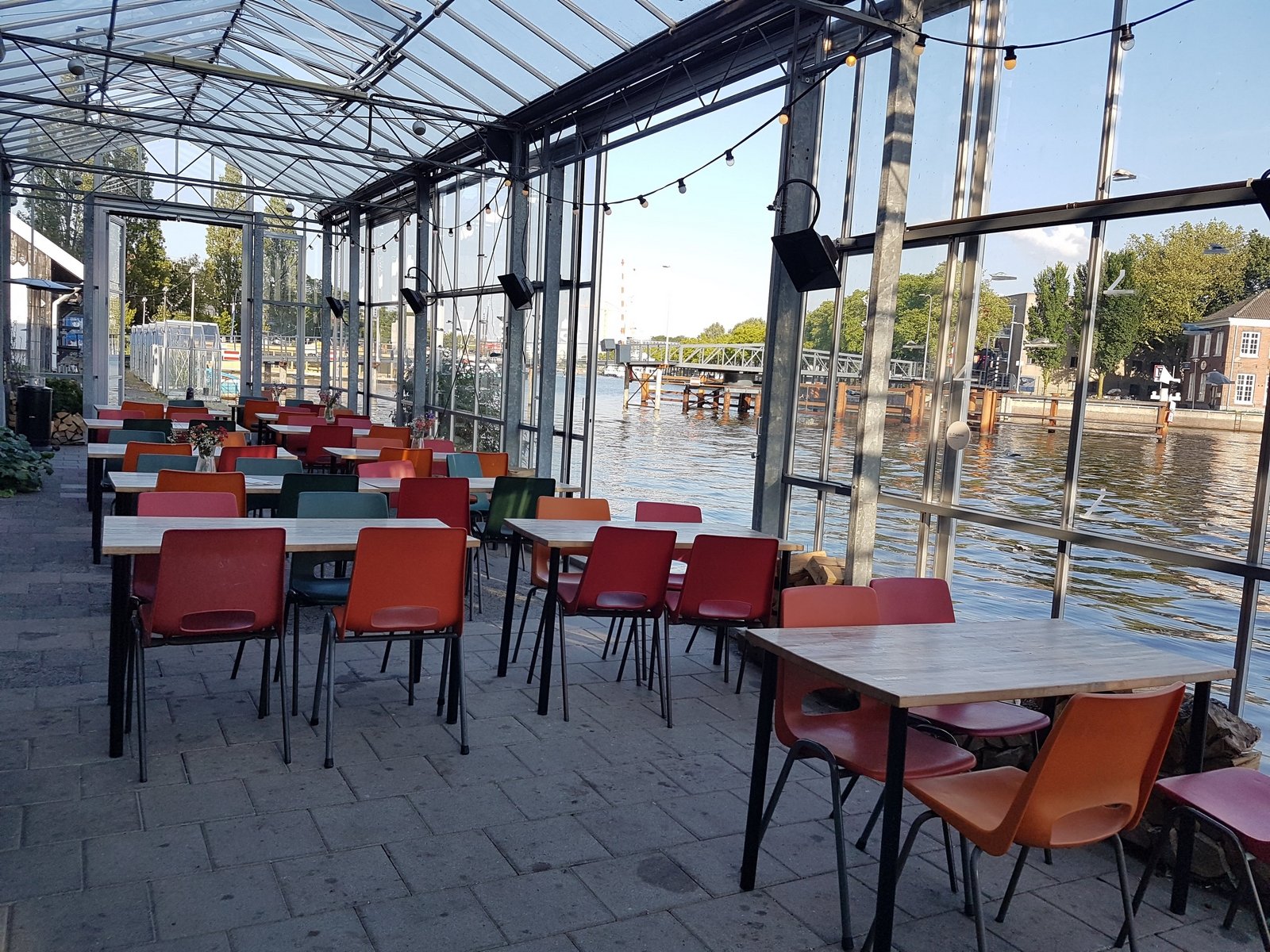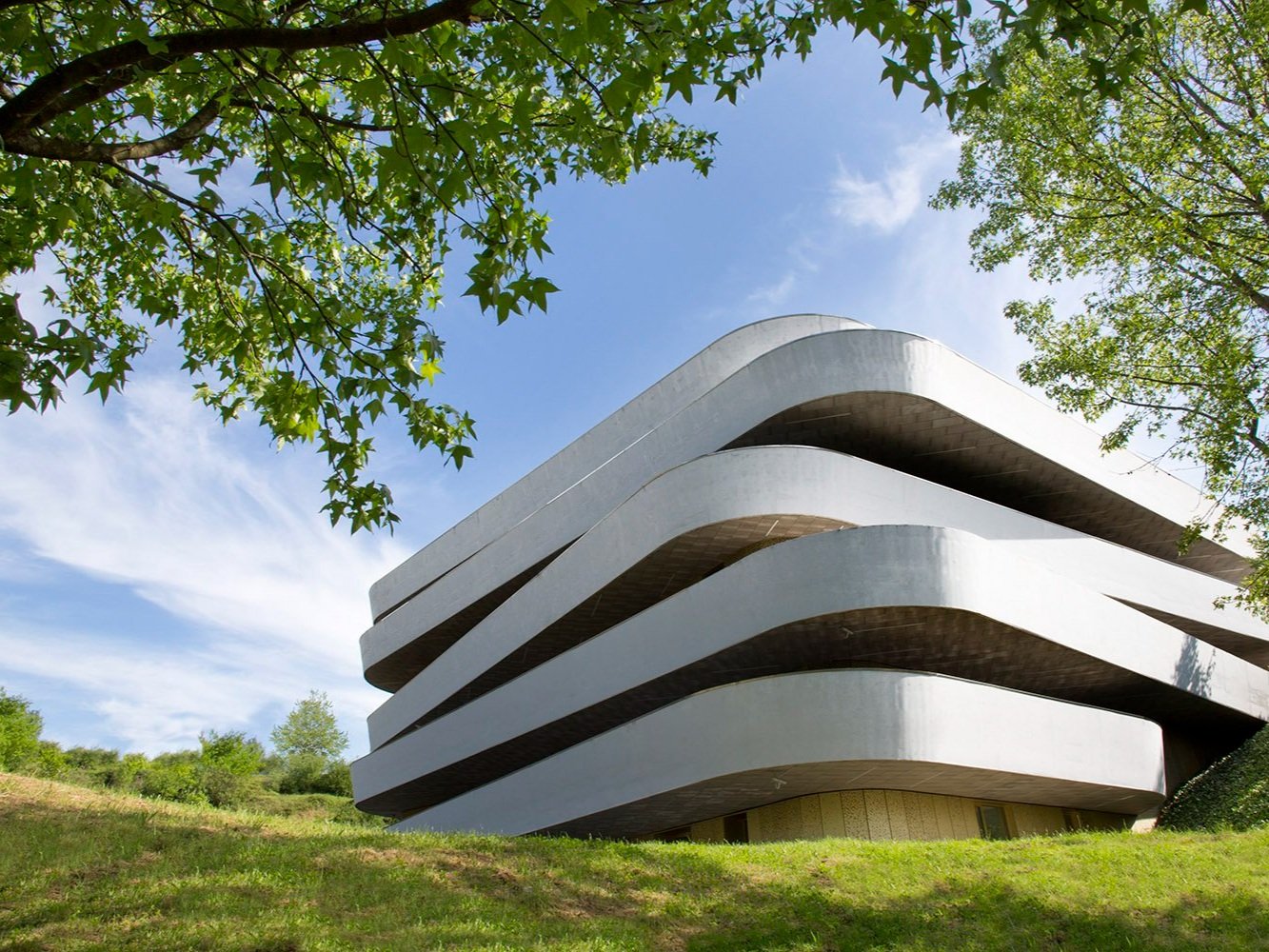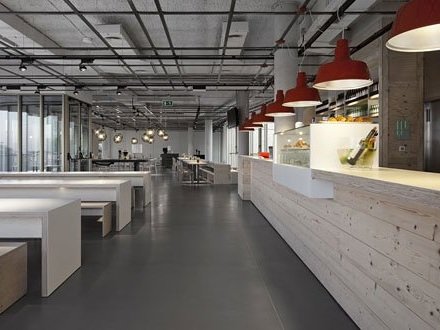
Food & Art
Alternative M.A. ‘24/25
What will I learn?
This Alternative M.A. pursues the reconceptualisation of the world through food, reframing a food-scape reality where to develop an artistic practice. This programme is built on a desire to explore, learn and relate to food as a valid discipline in the arts, academia and other educational contexts. The M.A. departs from an understanding of food as foundational, the essential part of any world-building exercise. Through it, we aim to establish food and cooking as inherent signifiers of human culture. Seeing-through-food is crucial because food and its systems build the current ecological terraforming.
Methodology
Through a series of lectures, residencies, practical exercises and projects, we will pursue interdisciplinary modes of knowledge sharing and exchange, while fostering opportunities for sustained growth and collective thinking. The theoretical content of our programme is not always specifically about food, but about what we consider crucial for a food-art practice. We aim to create an atmosphere of trust and safety, in order to help form a tight knit community of critically engaged, curious and rooted thinkers and makers. Joining this M.A. means to enter into a cosmos of continued support, generosity and care, well beyond the end of the learning year.
Structure
The majority of this programme is held online, in the form of lectures, guest speaker presentations, conversations and 1-to-1 or group tutorials. References and reading materials are made available in advance, which participants are encouraged to read/engage with.
Once per term, participants are invited to join us on an in-person residency: 10 days of practice-based learning and project development through workshops and creative exercises, held at three different institutions, collectives or platforms in Europe. The residencies are fundamental in order to strengthen bonds between participants and tutors, and offer a chance for experimentation and development of the participants’ projects.
Upon applying, participants are requested to share an in-progress project or plan for a project which relates to the themes explored in the M.A. Throughout the year, participants have the opportunity to further develop this project, through the in-person residencies but also with online support from 1-to-1 tutorials and peers. At the end of the academic year, we will work towards an exhibition together. This is a chance to showcase the participants’ research and projects and share it with the public. The exhibition can take the form of a dinner, a show of physical artworks, a publication, a film etc. The shape and form of it will be built collectively during the year, following the progress of the participants.
Practical Information
The cost of the Alternative M.A. is 2500€ per participant. For participants with less availability, there is the option to join solely for the online content, without access to the residencies or project development. Online access has a cost of 620€. Instalment payments are available depending on the country where the bank card is issued.
The online course happens every Monday from October 2024 to May 2025 at 6pm GMT, on Zoom. Each session lasts 90mins. The programme breaks in Winter and in Spring.
Three residencies will be facilitated throughout the programme, one during the Winter term, another during the Spring term and finally one during Summer term, hosted by three different European organisations. These residencies are optional, however they are highly recommended. For those enrolled in the full programme, all travel and accommodation costs are to be covered by participants, but The Gramounce will make sure to make affordable options available.
Enrolment
Successful applicants for the full M.A. will be given a maximum of 10 days to pay for their course to secure their place. Please make sure you are ready to enrol by April. Instalment payments will be available depending on your bank and country of residence. Unfortunately, we are not able to offer any instalment plans that are not operated automatically.
For the online course, participants will be able to simply purchase access directly, without application.
Applications
The Gramounce will launch an open call for applications in February 2024, for participants wishing to join the programme starting in October 2024.
Prospective participants are asked to fill out a form on The Gramounce website, sharing their contact details, a short paragraph on why they are applying for the Alternative M.A., some examples of previous work and a short description of a project in-progress or idea for a work they’d like to develop as part of the M.A.
Applications close in end of March 2023, with participants notified by mid-April 2023. Places for the full M.A. are limited to 30 participants.
Scholarships
In order to facilitate access to participants from less favourable economic backgrounds and POC, The Gramounce offers a limited amount of opportunities.
We have the capacity to provide two full Master of Arts scholarships, covering the entire cost of the course. However, we won’t be able to cover the costs of the residencies (travel and accommodation). Applicants for the scholarships should be aware that opting for a scholarship excludes consideration for the paid option. If not selected for the scholarship, choosing to pay afterward will not be an available alternative.
In addition, we provide various scholarships and opportunities for work-exchange positions for the online course.
Info Session
Questions? Join our online zoom info session on Wednesday the 13th March at 6pm GMT / 7pm CEST. Hear more about the programme and get all your queries answered.
Course content
TERM 1 - THE LIMITS OF THE EDIBLE - COSMOLOGIES OF EATING THE OTHER
We begin at the mouth. What are the politics and cosmologies that result from the different regimes of eating an-other? Animals, plants, microbes, minerals, stones, and even humans? What can we learn from their pass through our bodies? Who gets to decide the limits of the edible? We lay our foundations by investigating the colonial heritage of “othering”, and the gendered politics of eating and digesting. We place ourselves along the socially constructed dichotomies of human/animal, life/death, pleasure/pain, culture/nature, and face the deep-rooted prejudices of Western metaphysics and politics. What separates body from flesh, flesh from meat? Whose death is grievable and whose is not?
TERM 2 - WHAT WE EAT IN OUR DREAMS - SWIRLING IN THE QUANTUM
Moving into the second term, we consider dream spaces as places for connecting with non-rational thought. By opening ourselves up to non-logical, non-linear thinking, what possibilities arise? What might we eat in the dream space - and would we need to eat at all? In this term, we learn from indigenous spirituality, metabolic processes of assimilation and energy transmutation. We swirl in the Quantum - paying attention to that which is (or has been deemed) infinitely small, practising the “art of noticing” (Tsing). As we enter beyond-visible realms, we bring with us the tools of science fiction, speculative thinking and fabulations (Haraway). We look beyond the Western “enlightened” thought, as we work to dismantle pervasive, rigid and homogenising capitalist webs.
TERM 3 - CONTEMPORARY CREATION ON A DAMAGED PLANET
How do we navigate a damaged planet? What tools are at our disposal, or what tools may we fabricate, considering the effects of human action on more-than-human systems and lives? During this final term, we consider our roles as artists in the face of a deep climate crisis, but also our roles as beings who eat. What does food and art making look like during the Apocalypse? What will we eat at the end of time? In an attempt to combat an impending sense of capitalist doom, we search for answers (and further questions) in the reclaiming of radical pleasure (adrienne maree brown), multispecies joy (Mercedes Villalba) and life in the cracks (Bayo Akomolafe).
This programme was envisioned by Nora Silva, Inês Neto dos Santos, Clara Benito and Noa Jansma.
Calendar
21st FEBRUARY - Alternative M.A. applications open
31st MARCH - New extended deadline !
APRIL - Alternative M.A. places offered
1st JULY - Pre-entry materials sent
21st SEPT - Online Access Sign Up Deadline
- TERM 1 -
27 SEPT - 6TH OCT - 1st Residency
7th OCT0BER - Alternative M.A. starts / Term 1
9th DEC - 19th JAN - Winter Break
- TERM 2 -
20th JANUARY - Alternative M.A. restarts / Term 2
14th-23rd MARCH (tbc) - 2nd Residency
25th MAR - 30th MAR - Easter Break
- TERM 3 -
1st APRIL - Alternative M.A. restarts / Term 3
23rd MAY - 1st JUN (tbc) - 3rd Residency
Applications for the Full MA are now closed but you can still join the online-only version
Meet the lecturers
(more tbc)
-
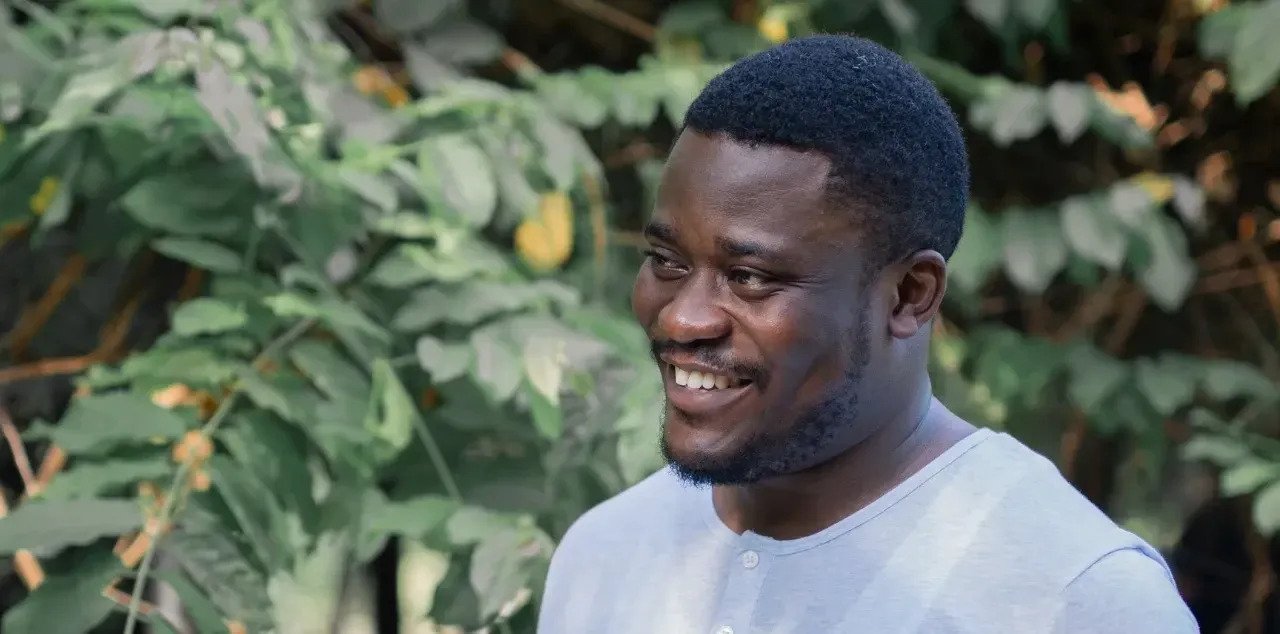
Bayo Akomolafe
PHILOSOPHER, WRITER AND ACTIVIST
-

Michael Marder
RESEARCH PROFESSOR OF PHILOSOPHY
-

Laura Tripaldi
MATERIALS SCIENTIST AND AUTHOR
-

Alfonso Borragan
ARTIST, RESEARCHER AND EDUCATOR
-

Yamuna Sangarasivam
ACADEMIC, WRITER AND DANCER
-

Clara Benito
PHILOSOPHER AND RESEARCHER
-

Yasmine Ostendorf-Rodríguez
CURATOR AND WRITER
-

Jove Spucchi
WITCH, ASTROLOGER AND ARTIST
-

Sophie Strand
WRITER
-

Abel Jansma
QUANTUM SCIENTIST AND MATHEMATICIAN
-

Noam Youngrak Son
ARTIST AND COMMUNICATION DESIGNER
-

Grandeza Studio
RESEARCH CLUSTER OF ARCHITECTS
-

Lucia Pietroiusti
CURATOR AND ECOLOGIST
-

Adriana Gallo
ARTIST AND RESEARCHER
-

Marije Vogelzang
DESIGNER, SPEAKER AND AUTHOR
Residencies
TERM 1 - AMSTERDAM, THE NETHERLANDS
In collaboration with Mediamatic
Mediamatic is an art centre dedicated to new developments in the arts since 1983. They organise lectures, workshops and art projects, focusing on nature, biotechnology and art+science in a strong international network. Mediamatic is interested in how art, design and science merge and how that can be used to experiment with new (living) materials. They challenge the senses and tackle perceptions regarding food, waste and unconventional materials such as piss, bacteria and fungi.
TERM 2 - SAN SEBASTIAN, SPAIN
In collaboration with the Basque Culinary Center
Basque Culinary Center is a unique ecosystem where training, innovation, research and entrepreneurship coexist with the aim of developing and promoting gastronomy, the latter understood as reasoned knowledge about what we eat and how we eat. Located in Donostia - San Sebastian since 2011, it is a pioneering institution made up of the Faculty of Gastronomic Science and BCC Innovation, the Gastronomy Technological Centre.
TERM 3 - MADRID, SPAIN
Venue tbc
Our final residency will be dedicated to the degree show. Participants are encouraged to come to Madrid as early as they need to produce their work.
